On May 10, 1967 Army Captain Howard Levy, a physician, faced a court martial for refusing to train U.S. Special Forces soldiers for Vietnam. He refused an order to perform the training as he considered it a violation of his medical ethics.
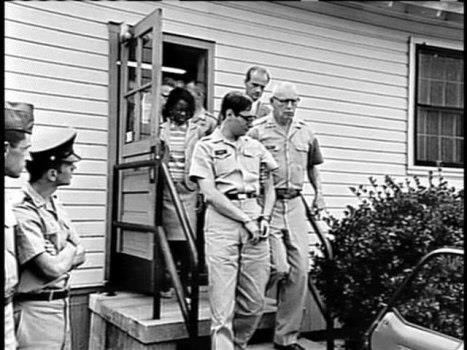
Army Capt. Howard Brett Levy handcuffed after receiving a 3-year sentence. Source: Everett Collection Historical.
In “Soldiers of Conscience” in The Nation, Staughton Lynd describes the trial:
Counsel for Dr. Levy were given one extra day to assemble witnesses to put on a Nuremberg defense. The defense found three witnesses. Donald Duncan was a former Special Forces Sergeant, who became disaffected while serving in Vietnam and resigned from the Army. Robin Moore was the author of a bestselling book, The Green Berets. . . .
An out-of-court hearing followed. The Law of Land Warfare prohibits assassination of enemy soldiers or civilians. Duncan and Moore described assassination by United States forces and by the Vietnamese personnel that they trained. The Law of Land Warfare prohibits “putting a price on an enemy’s head,” but Duncan and Moore testified that in Vietnam it was a common practice. Most riveting, it seems, was defense testimony about torture and murder of unarmed prisoners, although The Law of Land Warfare prohibits killing prisoners “even in the case of . . . commando operations.”
Assessing the Nuremberg defense presented by Dr. Levy’s counsel, Professor Strassfeld comments: “It could have been argued that the Geneva Conventions were largely inapplicable to South Vietnam and U.S. conduct in South Vietnam, especially as it affected civilians. However, the U.S. did not adopt that position. Application of the Nuremberg principles to Levy would arguably extend them beyond existing precedents because of his attenuated relationship to Special Forces conduct in Vietnam.”
Instead of grounding the denial of the defense in one of these arguments, Brown simply ruled that Levy had failed to make a prima facie showing. Read in full.
Levy served a sentence of three years.
Learn More
Vietnam War on Trial: The Court-Martial of Dr. Howard B. Levy by Robert N. Strassfeld
The film Sir! No Sir! offers more examples of resistance to the Vietnam War within the military.
See additional resources below.

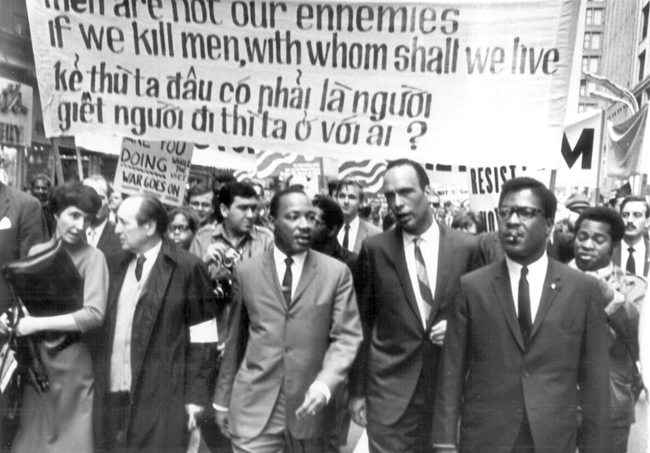

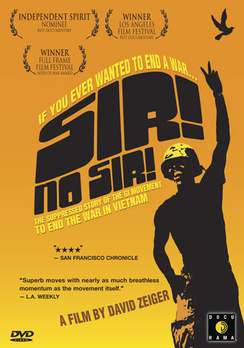
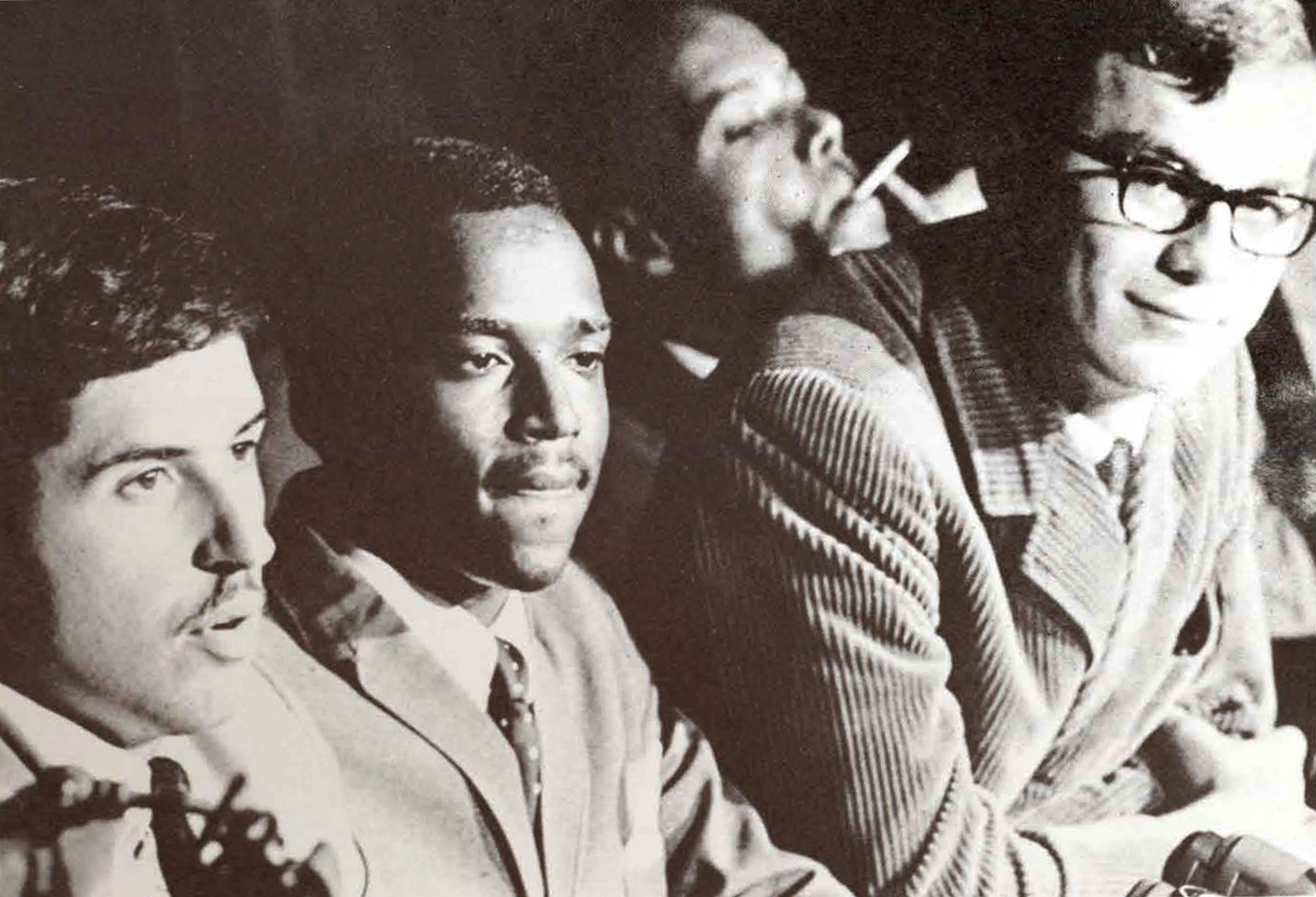
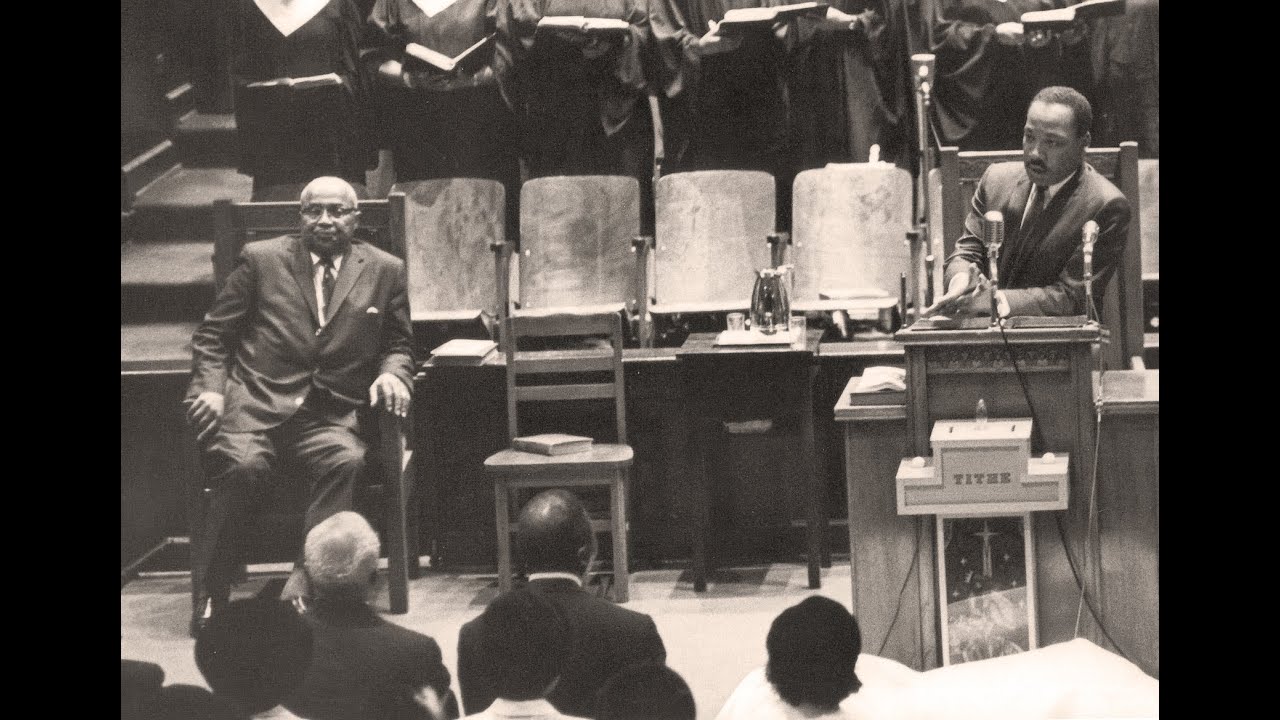
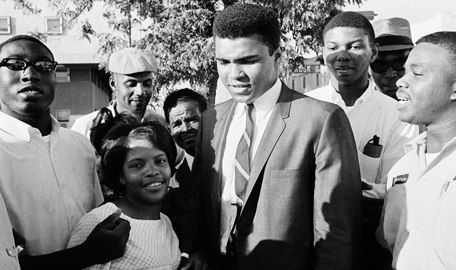





Twitter
Google plus
LinkedIn